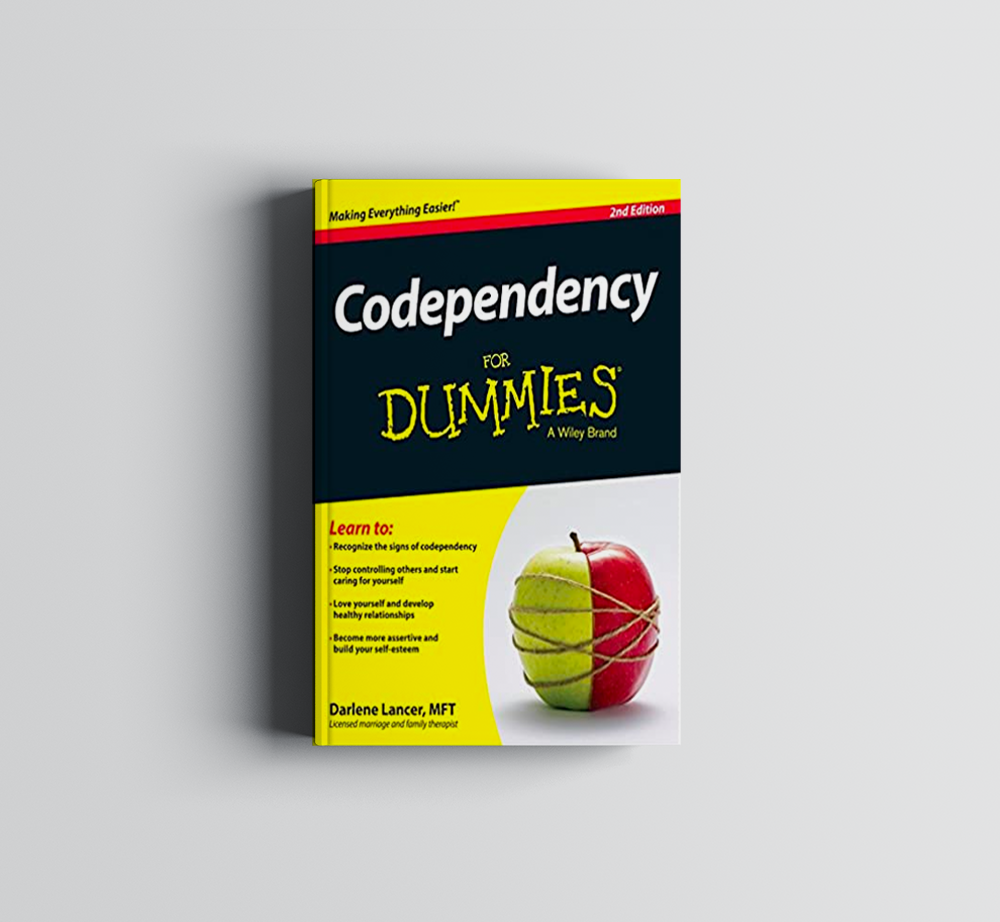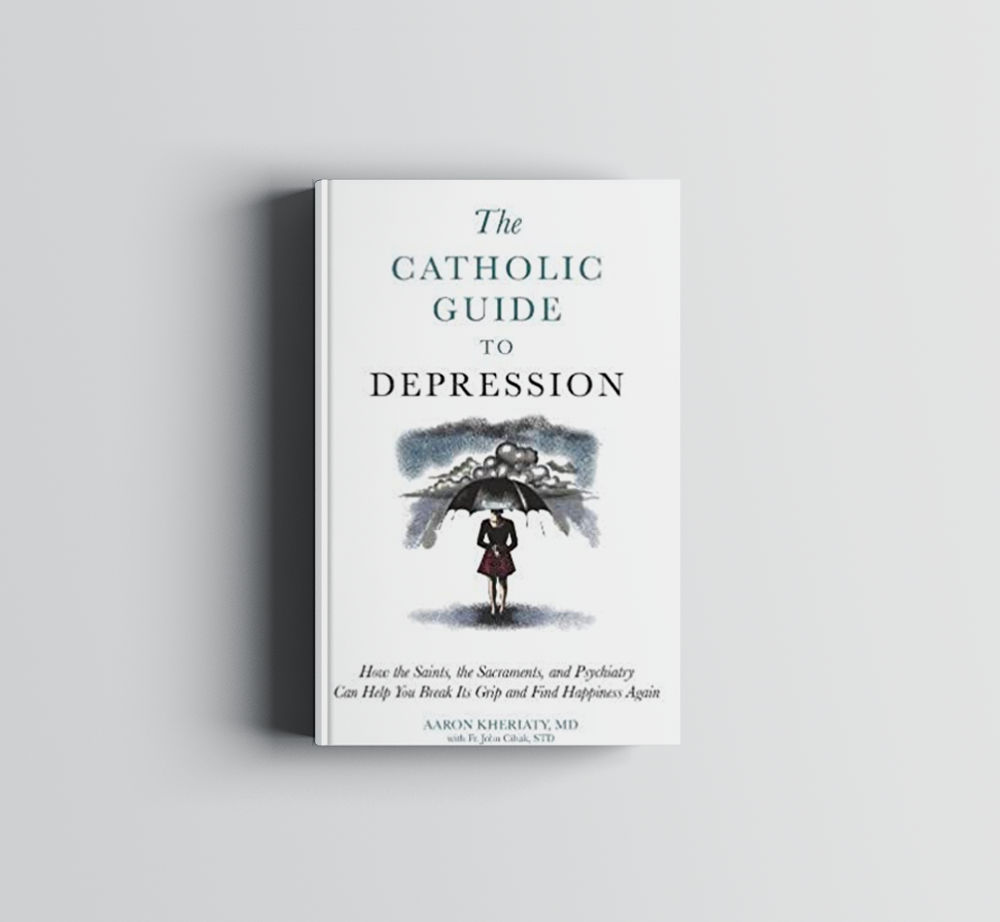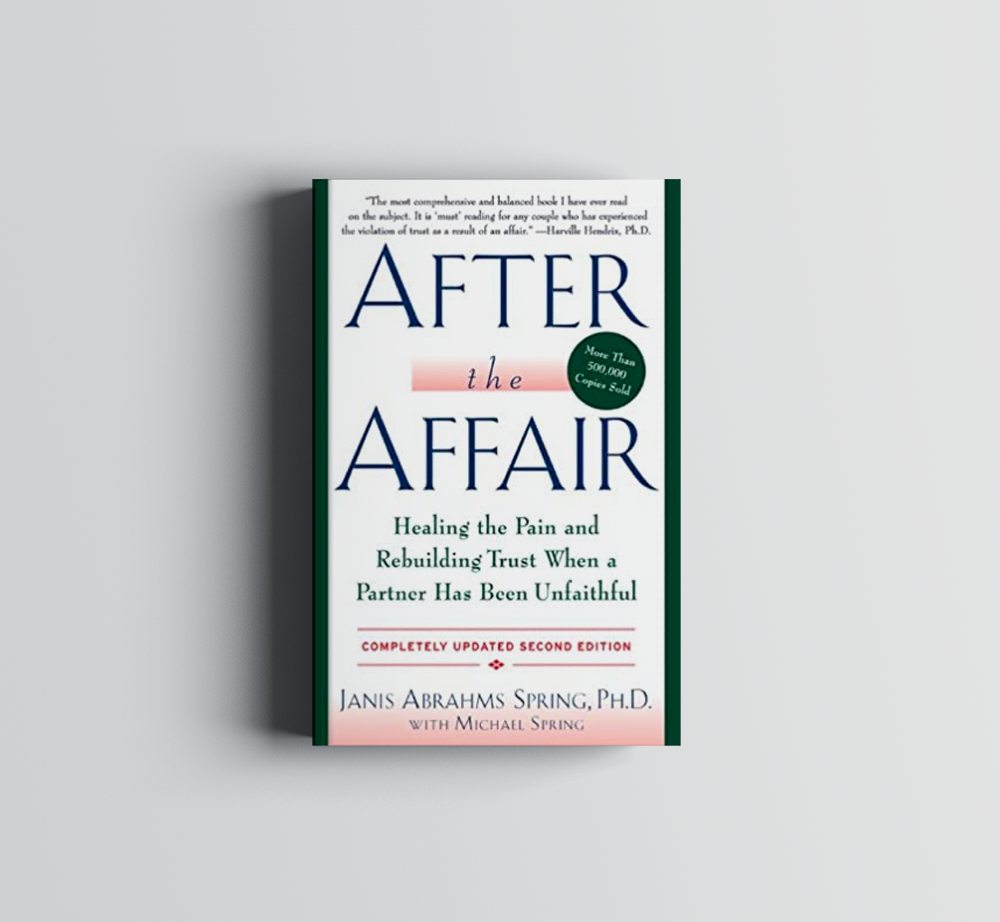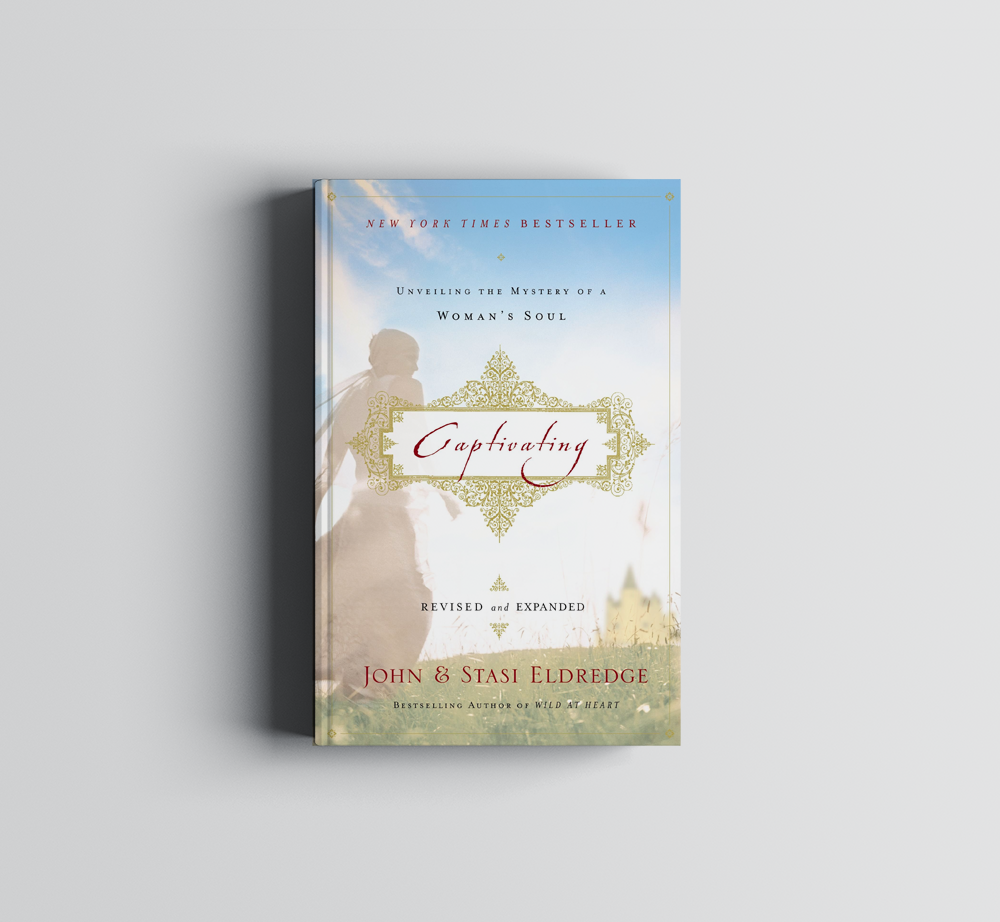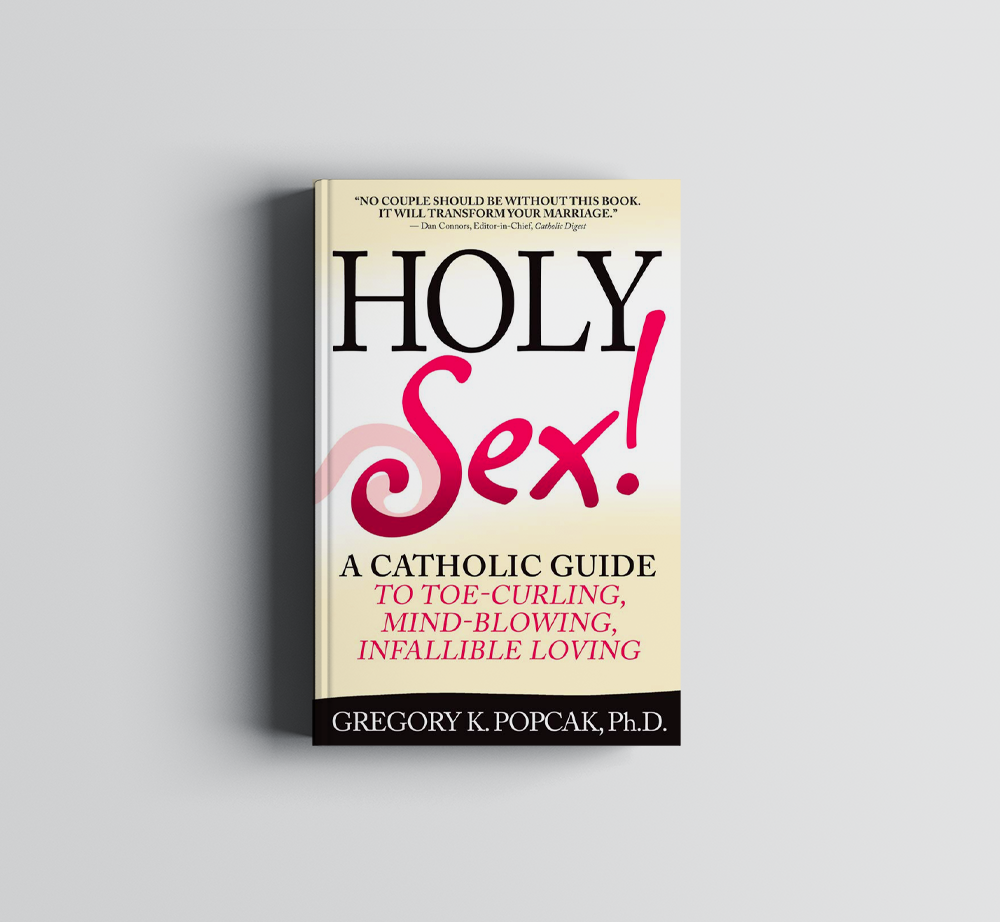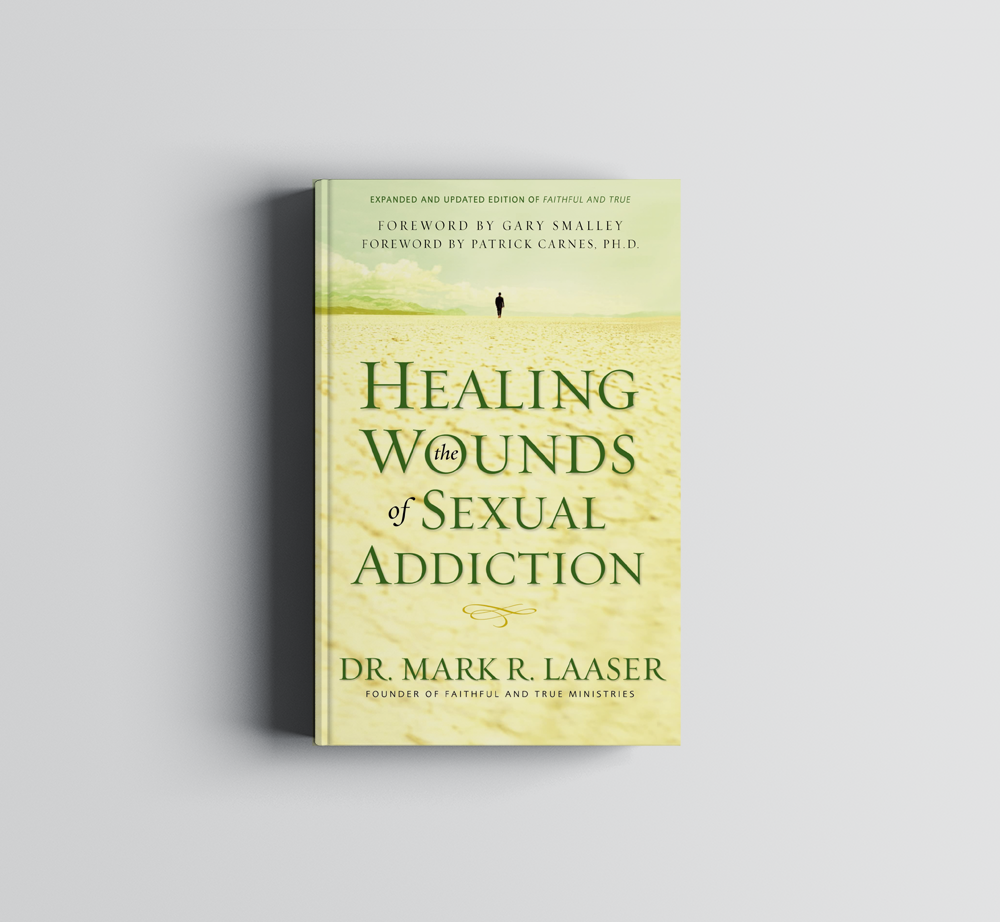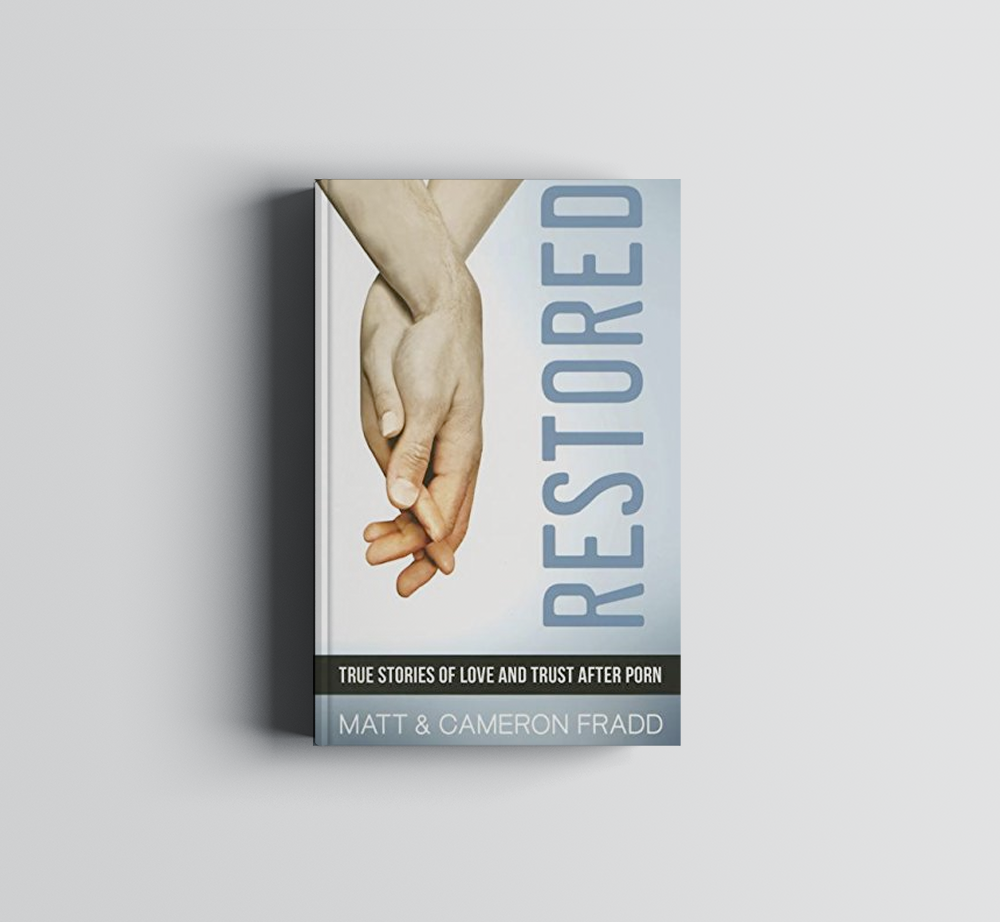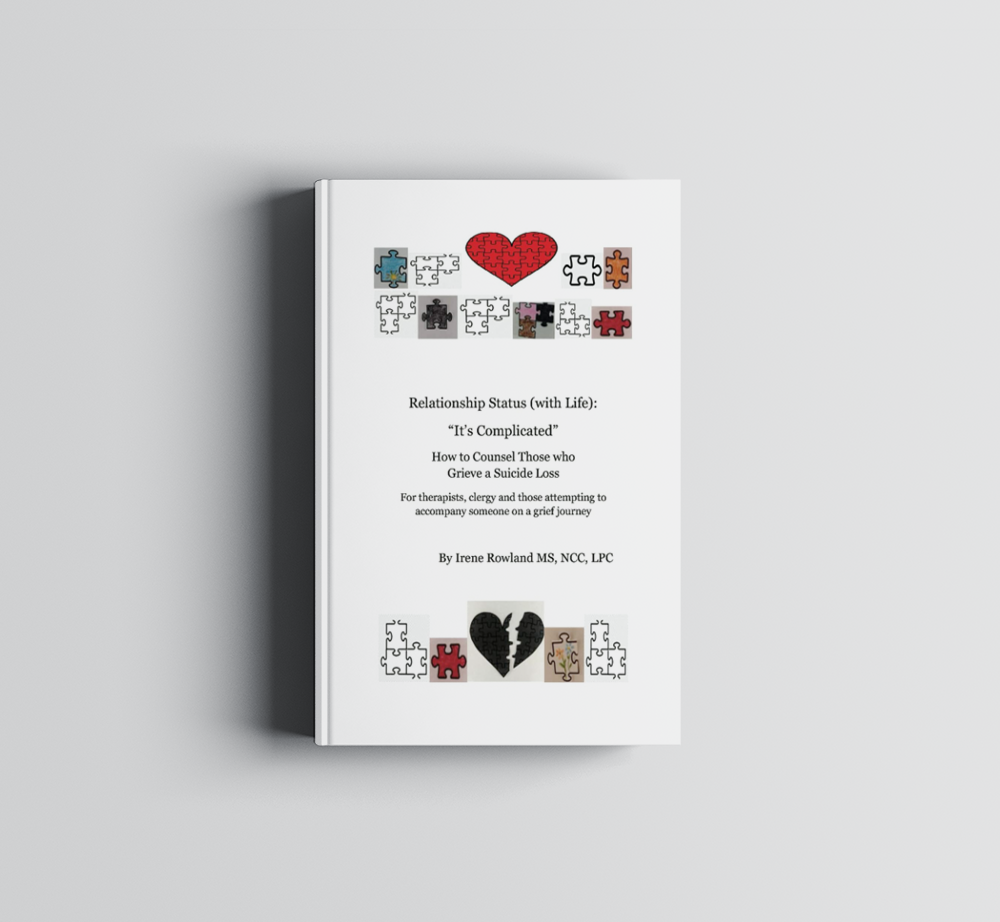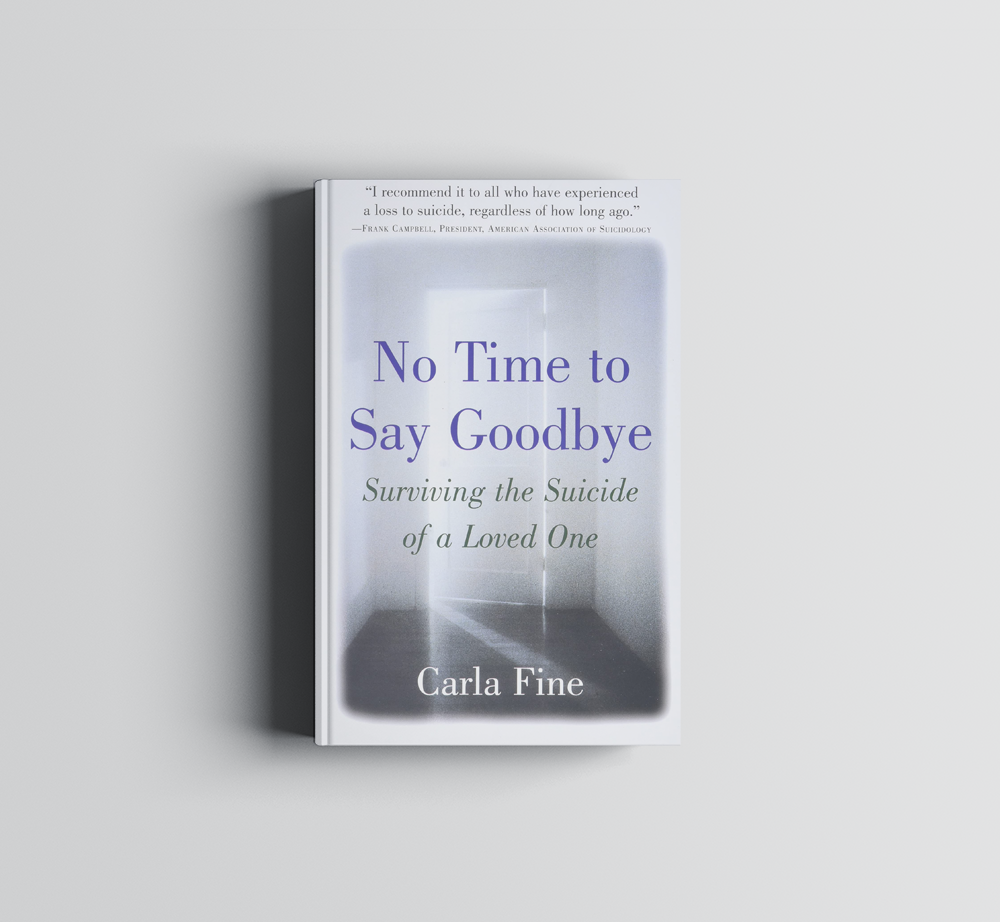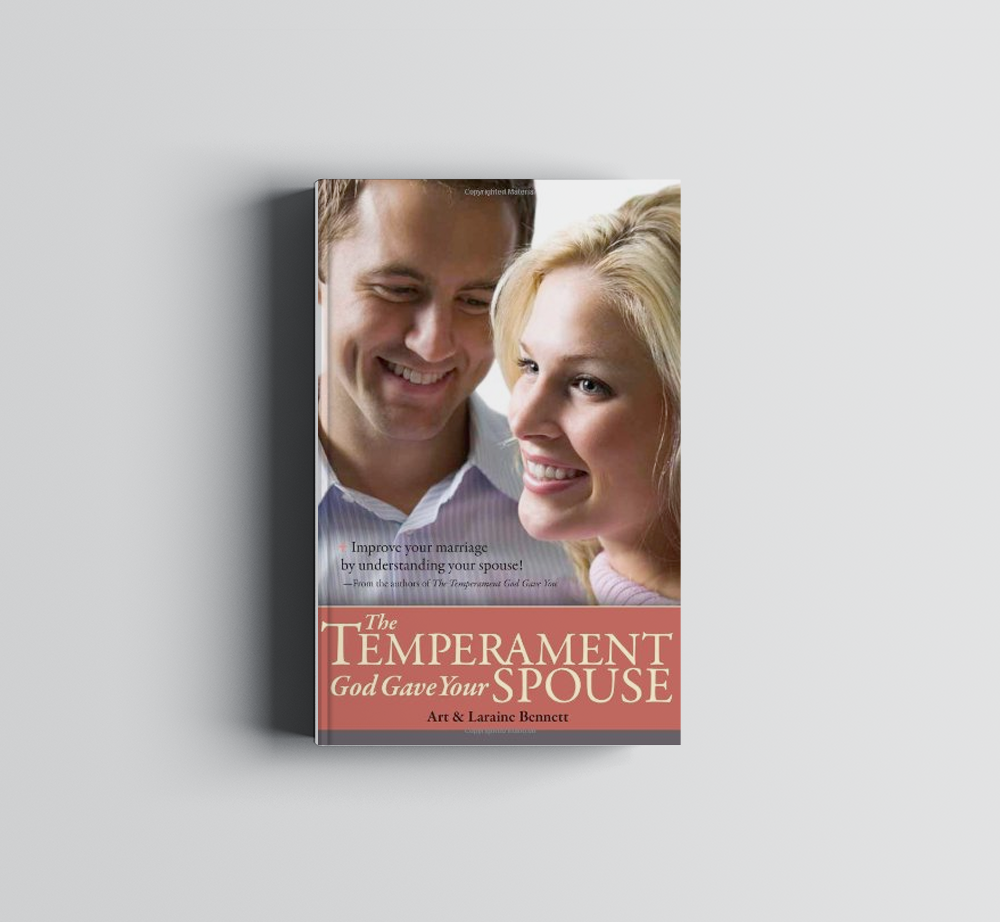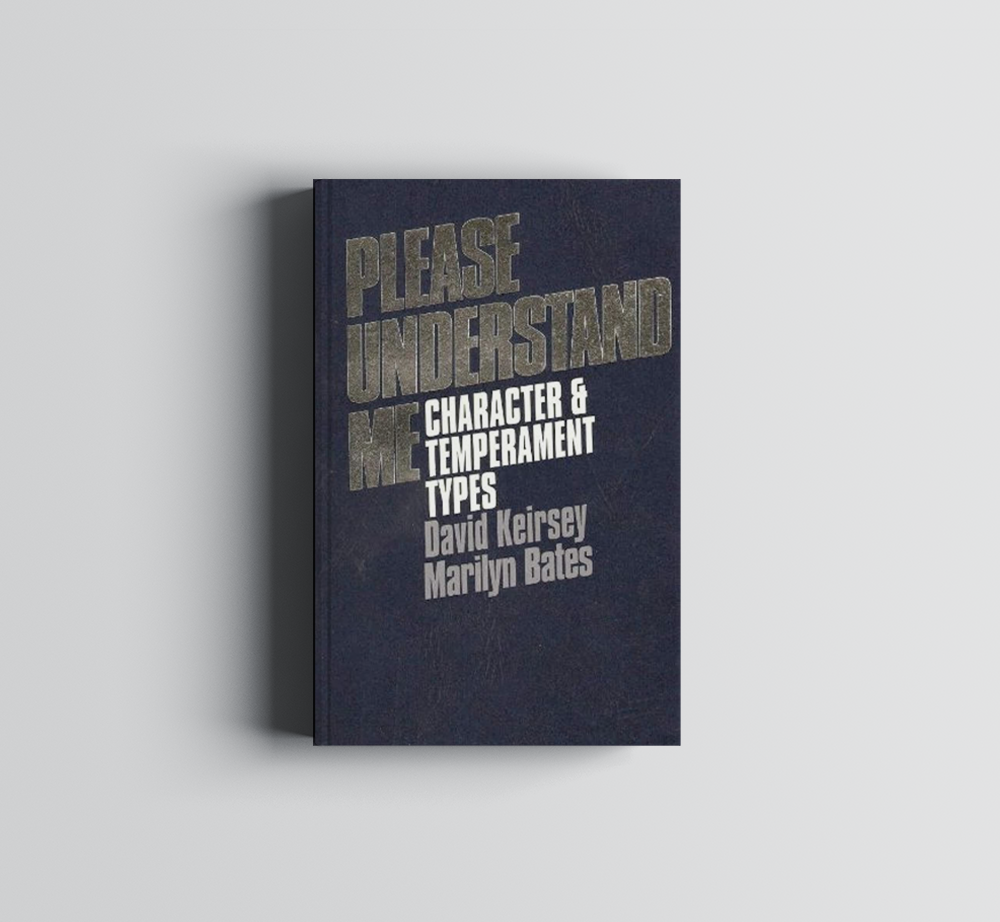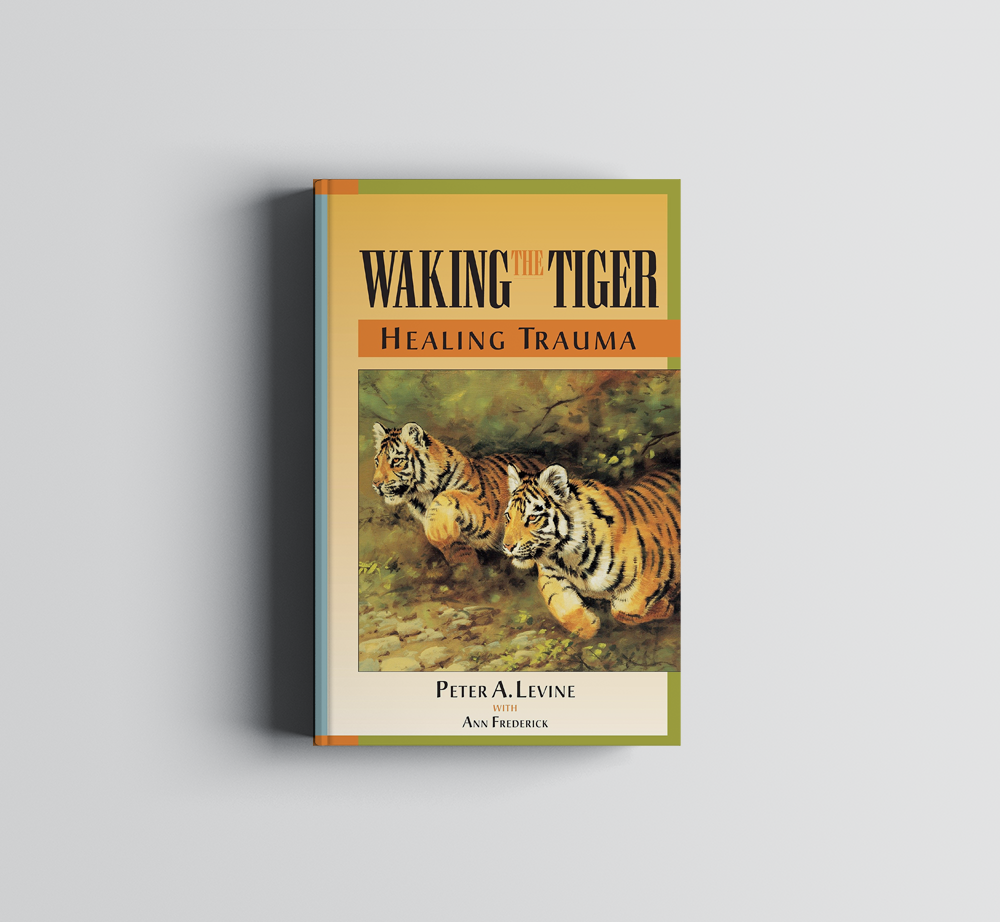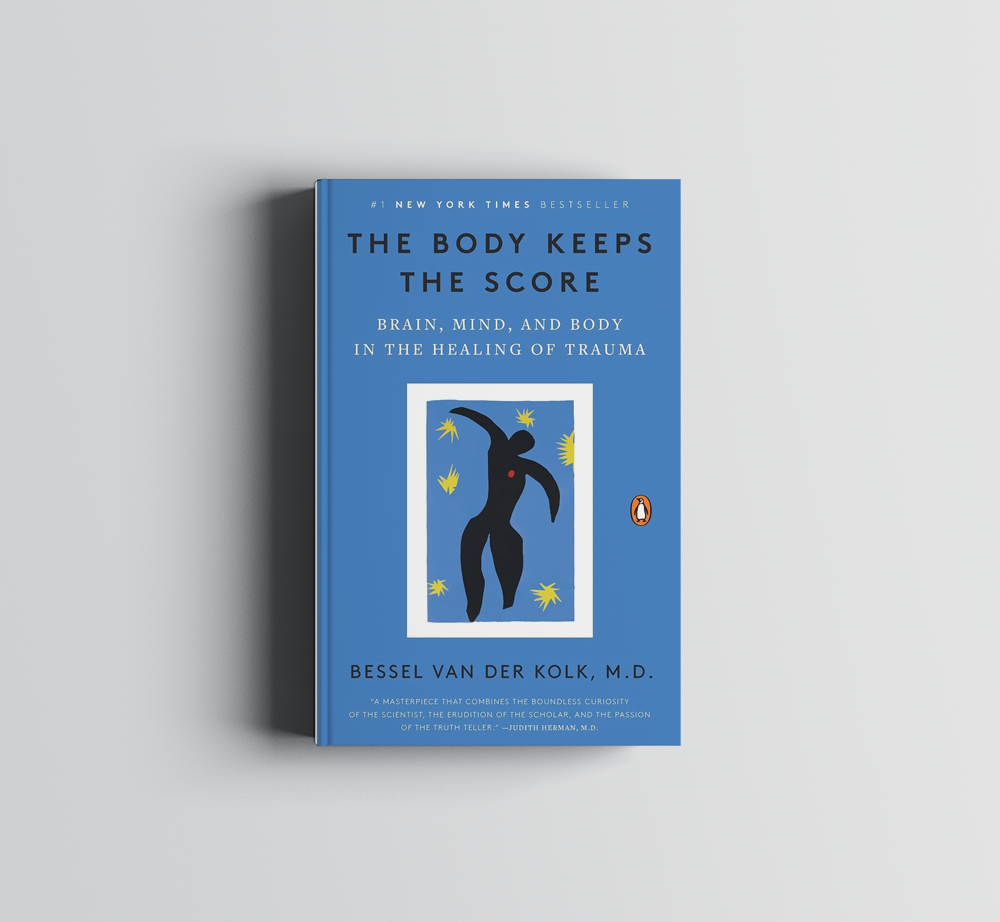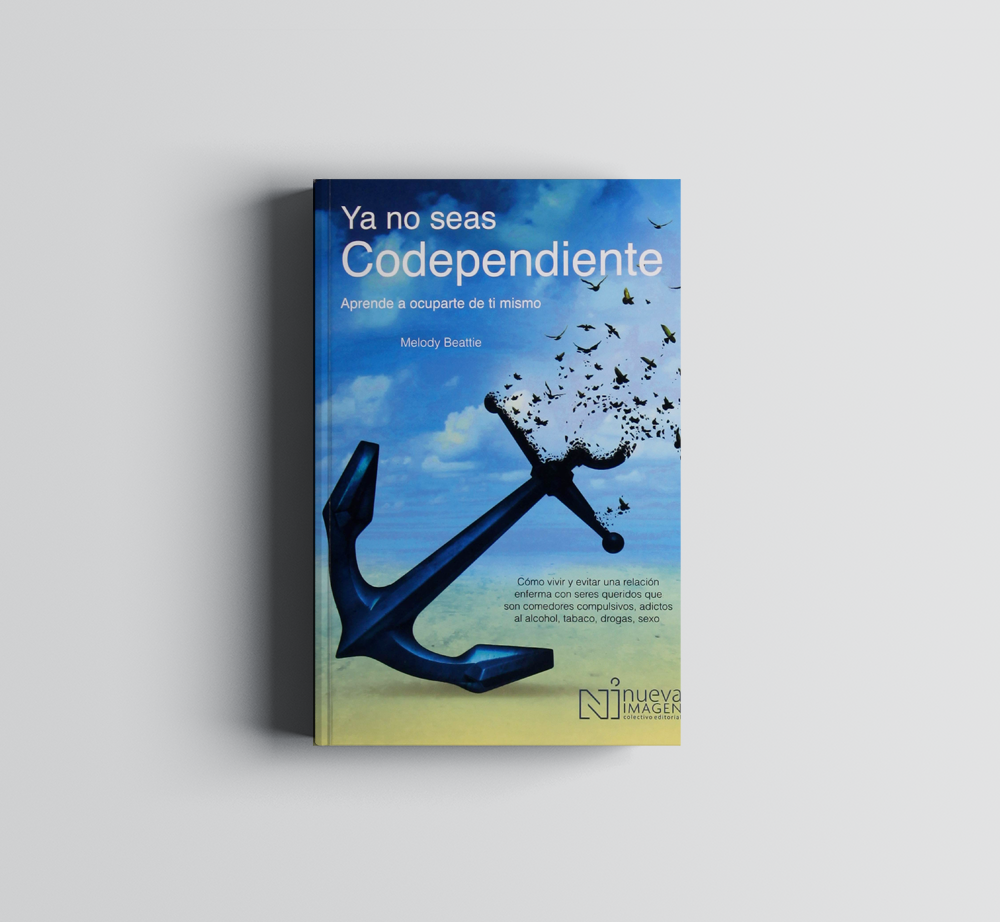By Peter Attridge, PhD
•
February 9, 2026
I spend a lot of my days telling people to slow down. I say it gently, of course. I say it while holding a mug of coffee that’s gone cold because I forgot to drink it. I say it while glancing at my own calendar, which—if I’m honest—often looks like a competitive sport. As a Catholic therapist, I live at the intersection of faith and feelings, prayer and patterns, grace and nervous systems. And every Lent, without fail, the same theme shows up in my office and in my own life: I am tired, and I don’t know how to stop. Our culture is not particularly fond of stopping. We admire hustle. We reward output. We celebrate efficiency, productivity, and optimization. Even rest has been rebranded as something you do so that you can work better later. God forbid you rest simply because you are human. Lent arrives each year like an unwanted knock at the door of this over-scheduled life. It barges in with a planner and a productivity app. Almost as a continuation of New Year’s Resolutions that we already are done with. It asks us to do more as our Lenten promises add on to our to-do lists. Or maybe, just maybe it asks us—almost annoyingly—to do less. Or at least, to do fewer things that keep us from becoming who we are meant to be. From a therapeutic standpoint, this makes perfect sense. The Pace That Is Killing Us (Softly, With Notifications) Most of my clients don’t come in saying, “I worship productivity as a false god.” They come in saying things like, “I can’t sleep,” or “I feel numb,” or “I’m doing everything right, so why do I feel so empty?” Many of them are faithful people who pray and genuinely want to grow closer to God—yet they approach their spiritual lives the same way they approach their inboxes: quickly, efficiently, and usually while multitasking. This goes the same for my clients that have no faith tradition. Our society has trained us to move faster than our souls can keep up with. Technology promises connection, but it rarely allows for communion. We scroll, skim, swipe, and react, but we don’t linger. We consume information constantly, yet we rarely digest it. Psychologically speaking, this keeps our nervous systems in a chronic state of low-grade stress. Spiritually speaking, it makes silence feel threatening. The problem isn’t that productivity is bad. Work is good. Creation itself begins with God working—slowly, deliberately, and with frequent pauses to notice that things are good. The problem is that productivity has become a measure of worth. If I am not producing, achieving, improving, or optimizing, then I must be failing. That belief quietly seeps into our relationship with God. We start to believe that holiness is something we accomplish rather than something we receive. Lent becomes another self-improvement project. Give up sugar. Pray more. Be better. Try harder. Exhaust yourself in the name of sanctity. No wonder so many people burn out quickly. A Therapist's Observation: Growth Requires Slowness In therapy, change does not happen quickly. If it does, I’m usually suspicious. Real growth requires safety, repetition, and time. Trauma heals slowly. Habits change slowly. Trust develops slowly. Even insight—those “aha” moments we love—takes time to sink from the head into the heart. When people try to rush healing, they often end up reinforcing the very patterns they’re trying to escape. The same is true spiritually. You cannot bully your soul into holiness. You cannot shame yourself into virtue. You cannot sprint your way into deep prayer. This is where Lent, properly understood, becomes a gift rather than a burden. Lent is not about cramming more spiritual activity into an already overstuffed life. It is about creating space. Space to notice what drives us. Space to feel what we’ve been avoiding. Space to listen for God, who rarely shouts. The Church, in her wisdom, has always known this. Which brings us to some of my favorite unlikely spiritual guides: a group of ancient monks who ran away to the desert. Lessons From the Desert (No WI-FI, Plenty of Wisdom) The Desert Fathers and Mothers were early Christians who left the cities to seek God in solitude, silence, and simplicity. As a therapist, I’m endlessly fascinated by them—not because they were perfect, but because they were painfully honest about the human condition. They understood distraction, compulsion, pride, and despair long before smartphones gave them new names. One of the most striking things about the Desert tradition is how little emphasis there is on doing impressive things. The advice is often boring. Stay in your cell. Be faithful to prayer. Eat simply. Sleep. Work with your hands. Repeat. There’s a famous saying attributed to Abba Moses: “Go, sit in your cell, and your cell will teach you everything.” In modern terms, this is deeply inconvenient advice. Sit? With my thoughts? Without noise? Absolutely not. And yet, psychologically, it’s brilliant. When we slow down and remove constant stimulation, what rises to the surface is not usually peace. It’s restlessness. Anxiety. Old wounds. Temptations we’d rather not acknowledge. The Desert Fathers didn’t flee distraction because they were holy; they became holy because they stopped fleeing themselves. Lent invites us into a kind of interior desert—not to punish us, but to tell us the truth about what we’re carrying. Why Slowing Down Feels So Hard From a therapeutic lens, our resistance to slowing down makes sense. Busyness is an excellent coping strategy. It keeps us from feeling grief. It distracts us from loneliness. It gives us a sense of control in a world that is often frightening and unpredictable. Spiritually, busyness can become a way of avoiding God. That may sound harsh, but it’s usually not intentional. God asks for our hearts, and our hearts are messy. It is much easier to give Him tasks. The Desert Fathers warned against what they called acedia , often translated as sloth, but better understood as a restless avoidance of the present moment. Acedia whispers, “Anywhere but here. Anything but this.” It can look like laziness, but it can also look like frantic activity. Sound familiar? Lent is an antidote to acedia, not because it makes us more productive, but because it roots us more deeply in reality. It asks us to stay. Lent as a Season of Regulating the Soul In therapy, one of the first goals is helping people regulate their nervous systems. When we are constantly overstimulated, our capacity for reflection, empathy, and prayer shrinks. Slowing down is not a luxury; it is a requirement for integration. Lent offers built-in practices that do exactly this—if we let them. Fasting, for example, is not about willpower. It is about learning to tolerate desire without immediately satisfying it. That skill is essential for emotional maturity and spiritual freedom. When we fast, we discover how quickly we reach for comfort—and how deeply we are loved even when we are uncomfortable. Prayer during Lent is often simplified. Fewer words. More silence. This can feel unproductive, but silence is where we relearn how to listen. As the Desert Fathers knew, God is not impressed by eloquence. He responds to availability. Almsgiving slows us down by pulling us out of our self-absorption. It interrupts the illusion that our lives are solely about us. When done thoughtfully, it cultivates compassion rather than guilt. None of these practices are meant to exhaust us. They are meant to humanize us. A Gentle Warning About “Winning” Lent Every year, I see people treat Lent like a spiritual CrossFit competition. Who gave up the most? Who prayed the longest? Who suffered hardest? This approach is usually fueled by good intentions and a not-so-good relationship with self-compassion. From both a therapeutic and Catholic perspective, suffering is not redemptive unless it is united to love. The goal of Lent is not to break ourselves open through sheer force. It is to allow God to do the work we cannot do on our own. The Desert Fathers were surprisingly wary of extremes. They warned that ascetic practices pursued without humility often lead to pride or collapse. Moderation, they insisted, was key—not because God is bland, but because humans are fragile. If your Lenten practices leave you more irritable, disconnected, or self-critical, that is information worth praying with. Practicing Slowness This Lent (Without Moving to the Desert) You do not need to quit your job, smash your phone, or start weaving baskets in the wilderness. Slowing down for Lent can be profoundly ordinary. You might choose to do one thing at a time. Eat without scrolling. Pray without background noise. Walk without headphones once in a while. Let silence be awkward. It usually passes. You might shorten your prayer time but show up more consistently. Five minutes of honest presence is often more transformative than an hour of distracted effort. You might resist the urge to fill every empty moment. Boredom is not a failure; it is a doorway. You might notice where you rush and gently ask why. Not to judge yourself—therapists hate that—but to understand yourself. Above all, you might let Lent be less about self-improvement and more about self-reception. God does not need you to optimize your soul. He desires you, as you are, tired and unfinished and deeply loved. The Slow Work There is a line often attributed to Teilhard de Chardin about trusting the slow work of God. Whether or not he said it exactly that way, the sentiment is deeply therapeutic. God is not in a hurry. We are. The Desert Fathers believed that transformation happens quietly, over time, through faithfulness to small things. So does modern psychology. So does anyone who has ever tried to change a habit or heal a wound. Lent is not a detour from real life. It is a return to it. A chance to move at a pace that allows us to notice grace. A season to remember that we are not machines, not projects, not problems to be fixed—but beloved creatures, invited to rest even as we repent. So if this Lent you find yourself slowing down, feeling uncomfortable, resisting the urge to be impressive—take heart. You are probably doing it right. And if you fail? Welcome to the desert. We’ve all been there. Stay awhile. God is already closer than you think. In my own work at Holy Family Counseling Center , I see this truth play out every day. People don’t come because they are bad or spiritually lazy; they come because they are human beings trying to survive at an inhuman pace. Again and again, healing begins not when someone learns a new technique, but when they finally give themselves permission to slow down—emotionally, spiritually, and relationally. Lent offers this same invitation on a wider scale: to pause long enough to notice where we are rushing, what we are avoiding, and how gently God is waiting for us there. Therapy and faith, at their best, are doing the same holy work—helping us become more fully present to ourselves, to others, and to God.










